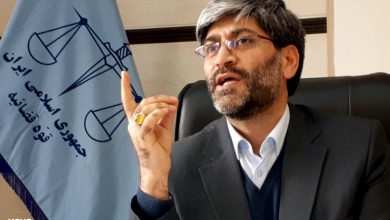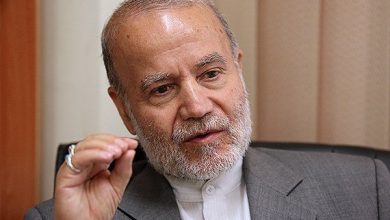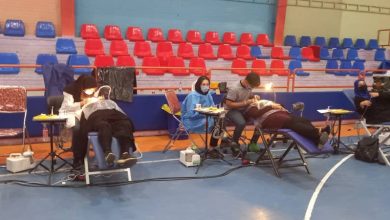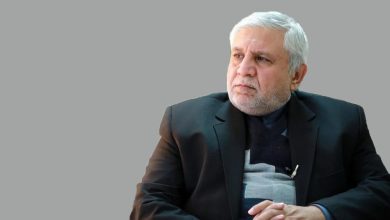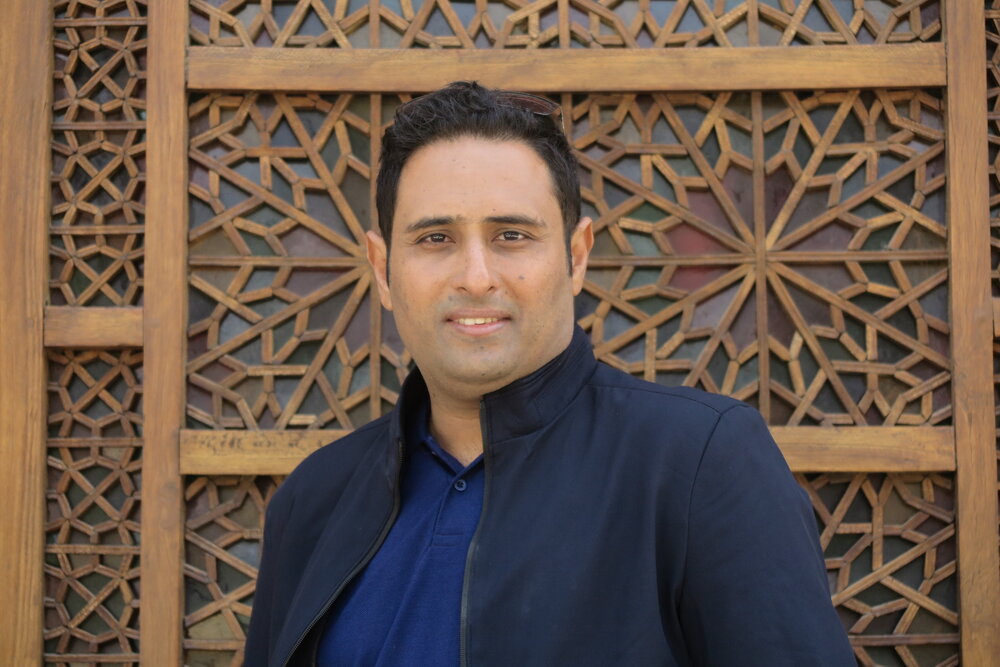
My first encounter with the name of Abdel Mohamed Aiti dates back to about thirty-one years ago. When I was seven years old, I would hold my father’s hand and go to the new mosque in the city to learn about the common customs of Muslims. At the end of the congregational prayer, some people had to distribute thick copies of the Qur’an to the worshipers so that after the congregational prayer they would read a page of God’s words. I, who had just learned to read the words, with the help of my father, read with difficulty the words on the cover of the Qur’an: “The Holy Qur’an; translated by Abd Muhammad Ayti. In those days and in the mid-seventies, Ayti’s translation of the Qur’an was on the shelves of most mosques and schools, and his translation was supported by the The Ministry of Culture and Islamic Guidance and the majority of mosques, it was enough to be placed in schools, offices and public places.As a student of literature in the school, in constant contact with the university teachers, the translation of the verses of the Qur’an, Nahj al-Balagha and the Sahifa al-Sajjadiya were created as part of historical memory and cultural memory, in morning ceremonies and on religious occasions The verse was recited after the recitation of the Qur’an and prayer. Later, when I entered high school, I realized that Aite is not just a translator of religious texts, and when I entered the university, I read “Islamic Philosophy: Its Method and Application.” I saw his translation of the book “Hakayet Ibn Khaldun (Al-Abbar)” and “ History of the Islamic State in Andalusia” and I read it with little understanding. Basically, Aitee should be considered a translator of special and rare books that academics and intellectuals did not accept to translate into Persian. d Aspects of the importance of Abd Muhammad Ayti to his efforts in translating important but neglected books. Among his cultural records are chairing the Academic Council of the Academy’s Encyclopedia of Literary Research and continuing membership in the Academy of Persian Language and Literature, along with various translations in the fields of philosophy, speech and literature.
Abd Muhammed Ayti was born in the city of Borujerd and was a citizen of Abd al-Hussein Zarin Kobe and Syed Zafar Shahidi. He studied at the seminary in his hometown and for some time preached in different cities of Lorestan. In 1324, his journey to the capital inaugurated, and he continued his university education in Tehran and the Akl and Sayyar School, and after teaching in the schools of Babol, Khorramabad, Savah, Garmsar and Tehran. During his school days, he interacted with the intellectual currents in the country and wrote articles for Ahmed Shamlo in the magazines, Bamashhad and Ashna. He communicates with Mahdi, the brothers of Tahali and Hoshang Ibtihaj, and this relationship continues during his studies. At the same time he is teaching and due to his abilities, he is the editor-in-chief of the Monthly Training. He is criticized in his classes and banned from teaching for several days. According to Mehdi Mohaqiq, in those days he was forced to sell bus tickets for the same company on the outskirts of Fawzia Square, but he continued his studies and research with courage and haste. As much as his soul recognizes Islamic teachings, Western teachings and famous personalities. He mastered ancient literature and knows Persian poetry and new literature. Some time ago, he became strong in translating Arabic texts into Persian and translated them from the Holy Qur’an and Nahj al-Balaghah into challenging books such as “Shahnameh Bandari” and “The Compassionate One.” Aitee does not ignore Islamic philosophy and has translated books such as Hana Al-Khoury and “History of Philosophy in the Islamic World” by Khalil Al-Zar, as well as “On Islamic Philosophy” by Ibrahim Madkour. He spends many days translating and researching at the Franklin Publishing Institute, and after the victory of the Islamic Revolution, he puts the same effort into scholarly and cultural publications.
6565
